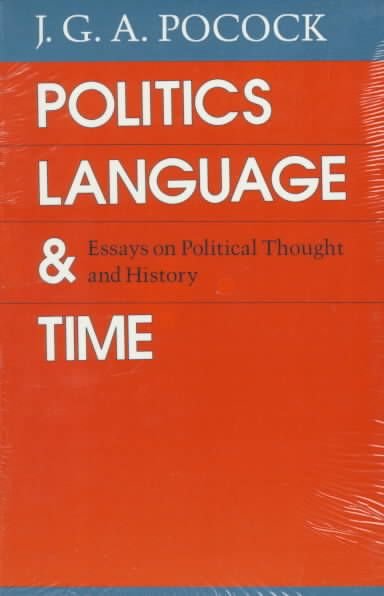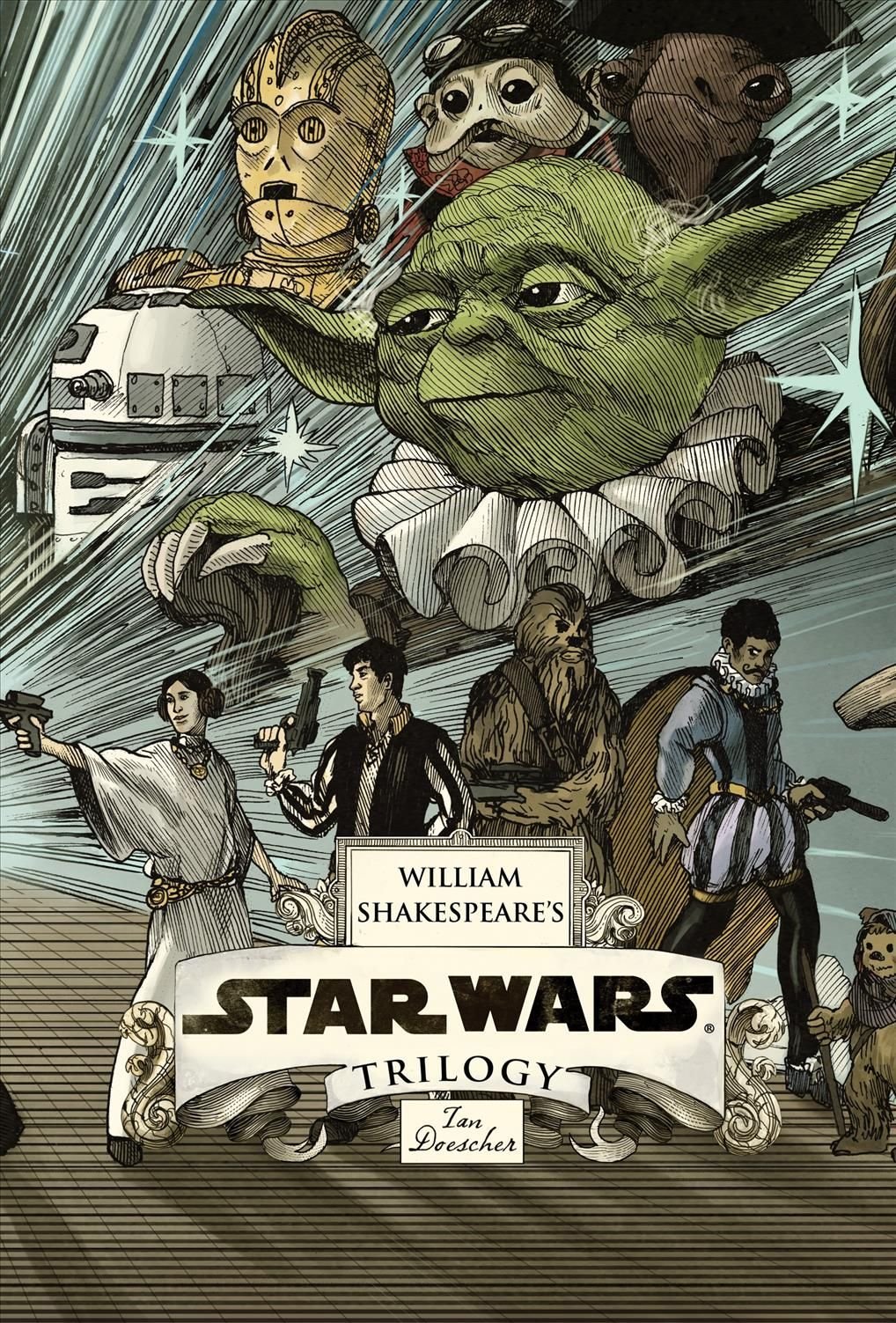
Politics, Language, and Time
In his first essay, \"Languages and Their Implications,\" J. G. A. Pocock announces the emergence of the history of political thought as a discipline apart from political philosophy. Traditionally, \"history\" of political thought has meant a chronological ordering of intellectual systems without attention to political languages; but it is through the study of those languages and of their changes, Pocock claims, that political thought will at last be studied historically. Pocock argues that the solution has already been approached by, first, the linguistic philosophers, with their emphasis on the importance of language study to understanding human thought, and, second, by Thomas Kuhn\'s The Structure of Scientific Revolutions, with its notion of controlling intellectual paradigms. Those paradigms within and through which the scientist organizes his intellectual enterprise may well be seen as analogous to the worlds of political discourse in which political problems are posed and political solutions are proffered. Using this notion of successive paradigms, Pocock demonstrates its effectiveness by analyzing a wide range of subjects, from ancient Chinese philosophy to Machiavelli, Hobbes, and Burke.
£28.14
Similar Deals
Save 19%

Keto: A Woman\'s Guide and Cookbook: Volume 13
£17.99
£14.64
From Wordery
Save 23%

The Ultimate Guide to Witchcraft: Volume 7
£16.99
£13.20
From Wordery
Save 32%

William Shakespeare\'s Star Wars Trilogy: The Royal Imperial Boxed ...
£38.00
£26.22
From Wordery
Save 9%

My Best Friend\'s Exorcism
£9.99
£9.18
From Wordery
Save 16%

Rosemary Gladstar\'s Herbal Recipes for Vibrant Health
£11.99
£10.17
From Wordery
Save 7%

Tapestry Garden: The Art of Weaving Plants and Place
£25.00
£23.33
From Wordery
Save 27%

Air Plants: The Curious World of Tillandsias
£17.99
£13.24
From Wordery
Save 8%

Neuroscience
£49.99
£46.15
From Wordery


